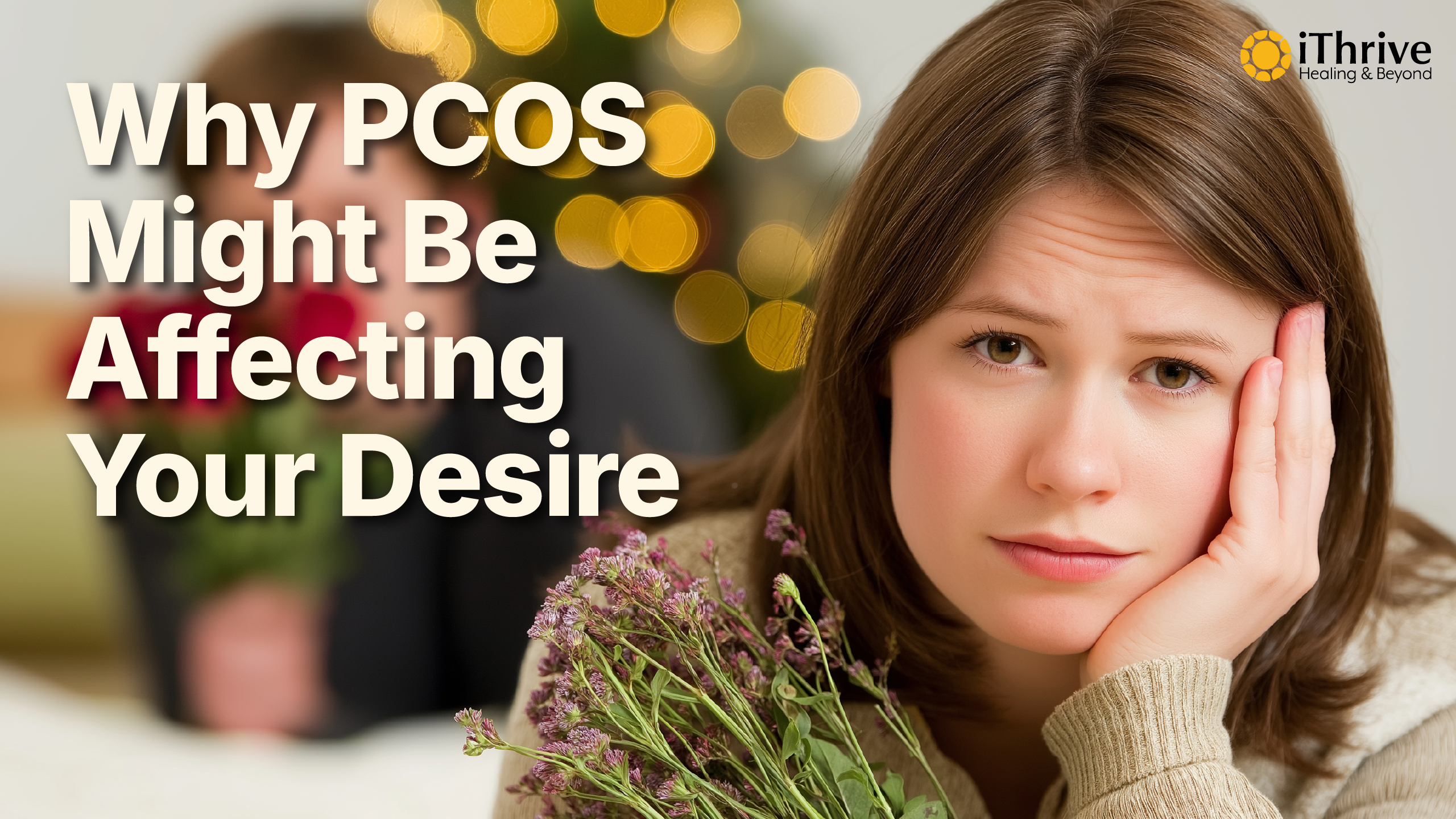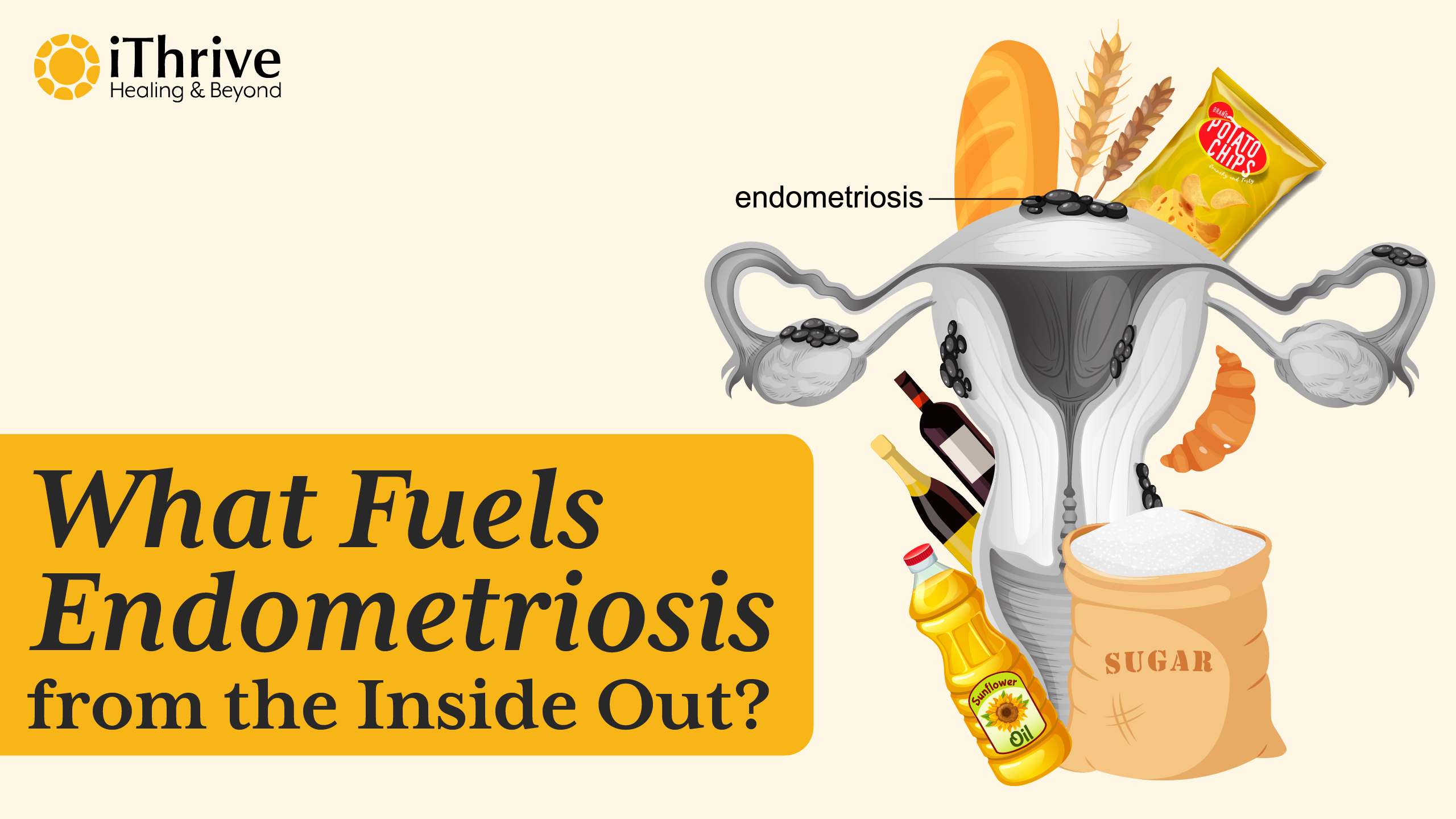What Is PMS?
A collection of physical, emotional, and behavioral changes, often called pre period symptoms, is referred to as premenstrual syndrome (PMS). These symptoms can range from mild discomfort to unbearable period pain, requiring effective PMS relief strategies. A collection of physical, emotional, and behavioral changes, often called pre-period symptoms, is referred to as premenstrual syndrome (PMS). The changes are normally detected in the luteal phase of the menstrual cycle, about a week or two weeks before menstruation. Symptoms may be mild enough to not hinder the ability to go about normal functioning or severe enough to prevent normal functioning. Understanding these signs and finding the right PMS treatment can greatly improve daily life.
What Is the Cause of Premenstrual Syndrome?
PMS is caused by fluctuations in the levels of hormones involved in the menstrual cycle. Estrogen and progesterone build up after ovulation and then sharply decline just before menstruation, resulting in symptoms both physical and emotional. The levels of serotonin, a neurotransmitter that controls mood, also fluctuate, which can contribute to PMS symptoms of irritability and anxiety. If the symptoms become overwhelming, seeking advice from a healthcare provider for an effective PMS treatment is crucial.
What is PMDD?
Premenstrual Dysphoric Disorder (PMDD) is a severe form of premenstrual syndrome (PMS) that involves intense emotional and physical symptoms in the luteal phase of the menstrual cycle, typically occurring about a week or two before menstruation begins. Unlike PMS, PMDD significantly disrupts daily life, work, and relationships.
.webp)
Emotional Symptoms of Premenstrual Syndrome
PMS typically results in emotional conditions such as mood swings, anxiety, and irritability. These are brought by the rhythmical fluctuations in the hormone levels of the body and can affect the usual activity and mental capability. While these symptoms vary in intensity, taking PMS vitamins, particularly magnesium and calcium, can help stabilize emotional fluctuations.
1. Mood Swings
What It Feels Like:
During PMS, happiness, gloominess or anger suddenly shoots up, so women often feel emotionally sensitive. The minute events will influence the emotional life of a woman.
Simple Solutions:
Engaging in regular exercise, maintaining a healthy diet, and getting enough sleep can stabilize mood swings. Relaxation techniques like meditation or yoga help stabilize emotions.
2. Anxiety and Tension
Why It Happens:
Diminishing levels of estrogen and serotonin hormones have been known to bring on stresses, anxiety, or fearful levels that many think begin before a period.
Relief Measures:
Sometimes the anxiety simply subsides with being more aware, not drinking too much coffee, and other de-stressing strategies, like deep breathing or gentle exercise. Herbal supplements like magnesium relieve a lot of women.
3. Irritability
What It Shows:
Irritability during PMS is making you feel that you're overreacting to minor irritants, which at times irritates you, annoys you, and makes you irritable or angry at people and situations that might normally not bother you.
Managing the Irritation:
Irritability can be managed through understanding what causes the irritation and, subsequently, taking short breaks when the pressure seems too great. Efforts to exercise and communicate the feelings to loved ones may also alleviate stress.
Physical Symptoms of PMS
PMS also causes physical discomfort, commonly known as period symptoms, including bloating, breast tenderness, fatigue, and even unbearable period pain for some women. Understanding these signs and finding the right PMS treatment can greatly improve daily life. Healthy habits like regular exercise, a nutritious diet, and hydration play a key role in PMS relief. These habits can reduce pre-period symptoms like bloating and irritability.
4. Bloating
What’s Going On:
Hormonal imbalance causes your body to retain water, and your body can feel bloated, with a bloated tummy too.
Ease the Pain:
While exercises, more water, and less food will reduce the symptoms of a bloated belly, exercise also stimulates digestion and helps to rid the body of excess water.
5. Sensitive Breasts
What It Feels Like:
Your breasts are swollen, heavy, or sore because of hormonal changes, but most often, this tends to happen in the week leading up to your period.
Soften the Sensitivity:
Breast tenderness may be relieved by wearing a supportive bra, applying warm compresses, and avoiding caffeine.
6. Fatigability
Why You Feel Tired:
HORMONAL CHANGES, POOR SLEEP AND GENERAL DISCOMFORT are the reasons that cause fatigue during PMS.
How To Recharge Your Energy
Ensure you get 7-9 hours of sleep each night. Light exercises and hydration, combined with nutrient-rich foodstuffs, will easily restore energy. You can also take PMS vitamins tablets.
7. Headaches
How it affects you:
Hormonal changes with low estrogen hormone would result in headache or migraine symptoms during the menstrual cycle
Quick Response
For relieving headaches, try proper hydration, use ice packs, and consider supplements along with soothing hibiscus tea to ease symptoms.
8. Cravings and Appetite Changes
What’s Behind It:
The effect of hormonal changes might trigger cravings for sweet, salty, or carbohydrate-rich foods and a change in appetite.
How to Manage It:
Balanced meals with whole grains, lean protein, and healthy fat support the body's natural regulation of blood sugar, thereby fewer cravings for unhealthy snacks, and definitely avoiding giving the body fuel for future indulgence. It’s also helpful to plan healthy snacks to avoid overindulging in less nutritious options.
9. Acne Breakouts: When Skin Flares Up
Why It Happens:
Hormonal imbalance in the menstrual cycle, especially the rise in androgen, leads to more oils. Consequently, pores get clogged and there is a break out.
Simple Skincare Tips:
Use gentle cleaners and use non-comedogenic moisturisers. Avoid scrubbing the skin harshly. Products containing salicylic acids or benzoyl peroxide can also be used to manage breakouts. Hydrate and steer clear of facial touching to not introduce germs.
10. Insomnia: When Sleep Feels Elusive
The Sleep Struggle:
Hormonal shifts, with the added stress or discomfort of PMS, can disrupt your sleep patterns, leaving you awake or waking you too early.
How to Sleep Better:
Establish an enjoyable bedtime ritual, avoid caffeine after lunch, and turn off electronics when you want to sleep. You might even discover that techniques like deep breathing or gentle stretching can help enhance your sleep patterns.
Physical Pain
11. Cramps (Dysmenorrhea)
What You’ll Feel:
Cramps, often leading to unbearable period pain, are caused by the contraction of the uterus as it sheds its lining.
How to Take Control of PMS Symptoms
Healthy habits like regular exercise, a nutritious diet, and hydration play a key role in PMS relief. These habits can reduce pre-period symptoms like bloating and irritability, while also managing unbearable period pain.
Diet and Hydration
A Balanced diet containing whole grains, lean proteins, and fruits and vegetables will help level out hormones, and reduce bloating and fatigue. Drinking loads of water helps flush out extra sodium and provides relief from bloating.
Exercise and Activity
Exercise that does not necessarily have to be strenuous, such as brisk walking, yoga, may alleviate physical and emotional symptoms of PMS. Boosting endorphins activates your mood and reduces the perception of stress.
Conclusion
Controlling PMS is possible only with slight but suitable lifestyle alterations such as diet, activity level, and ways to create stress in life. Most of the symptoms of PMS can be controlled with these variations; however, if the symptoms become too overwhelming, reaching a healthcare provider makes sense. Knowing and fighting your PMS will take you on a path toward a healthier, more balanced life.
Subscribe to our newsletter and receive a selection of cool articles every week




.png)


.webp)

.jpg)





